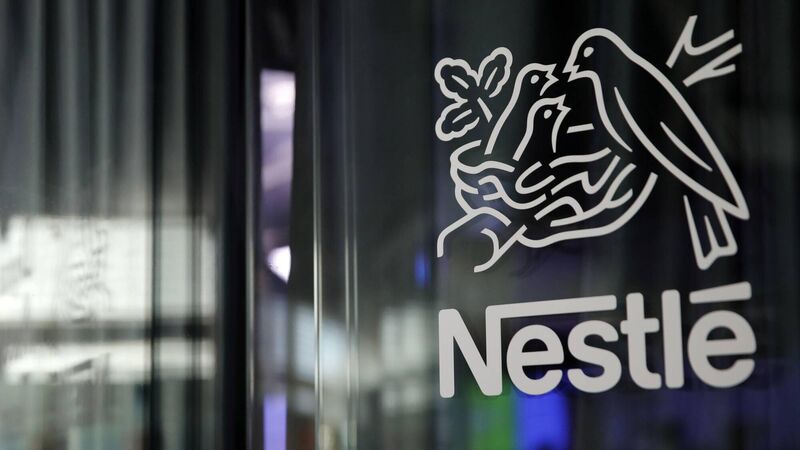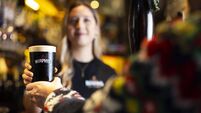Nestle investors ask company to make more healthy food items

A coalition of investors, led by ShareAction, has filed a resolution asking the maker of Kit Kat chocolate bars to set an internationally accepted target to increase the proportion of sales of healthier foods, at a time of surging ill health related to poor nutrition worldwide.
Nestle is facing a formal demand from some shareholders, including Legal & General, to significantly improve the amount of healthy food the Swiss consumer group sells.
A coalition of investors, led by ShareAction, has filed a resolution asking the maker of Kit Kat chocolate bars to set an internationally accepted target to increase the proportion of sales of healthier foods, at a time of surging ill health related to poor nutrition worldwide.












